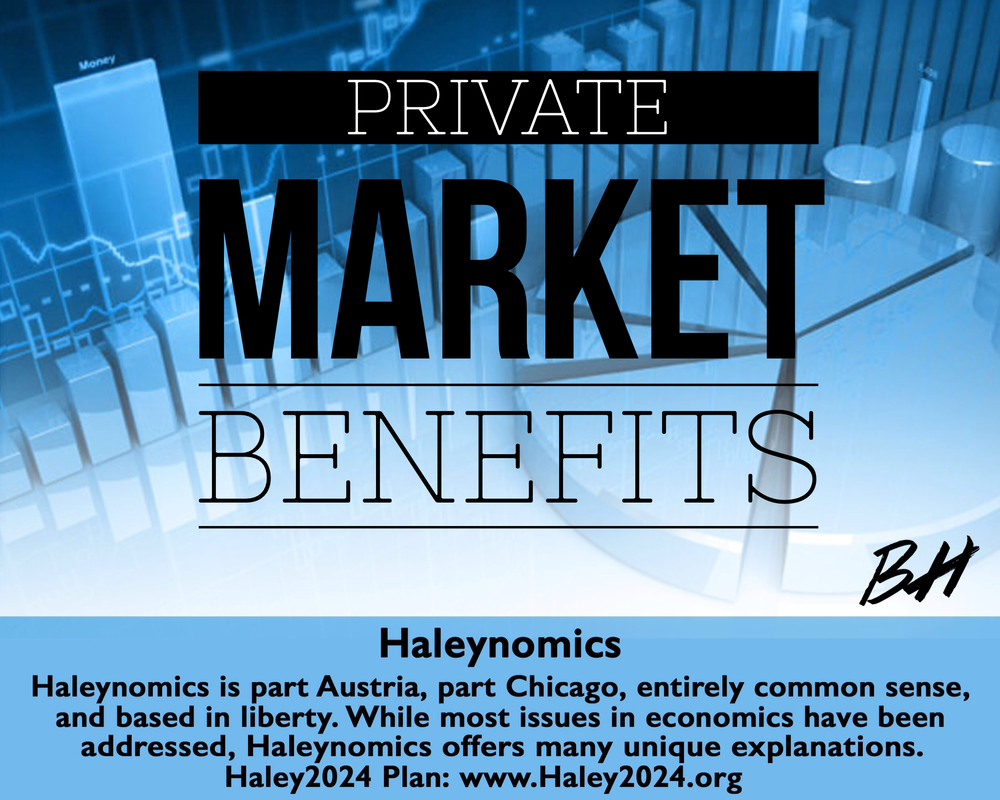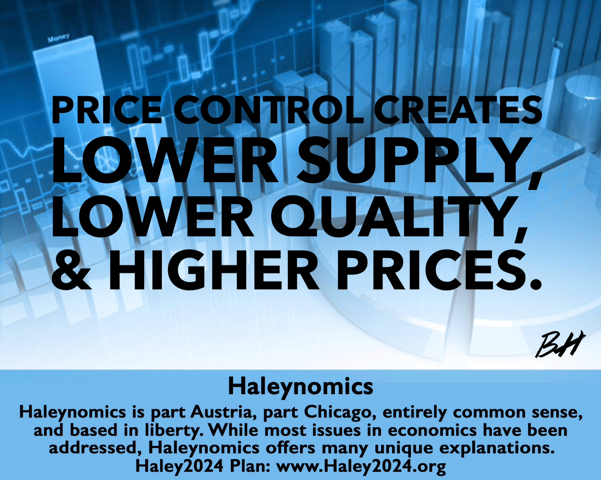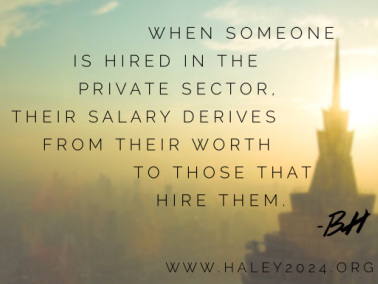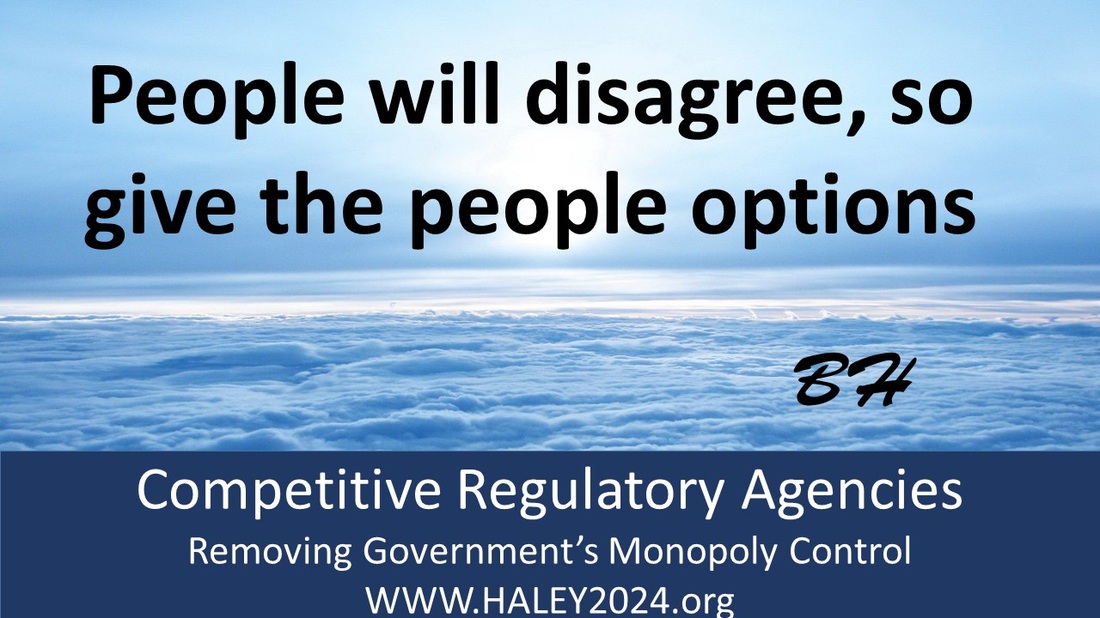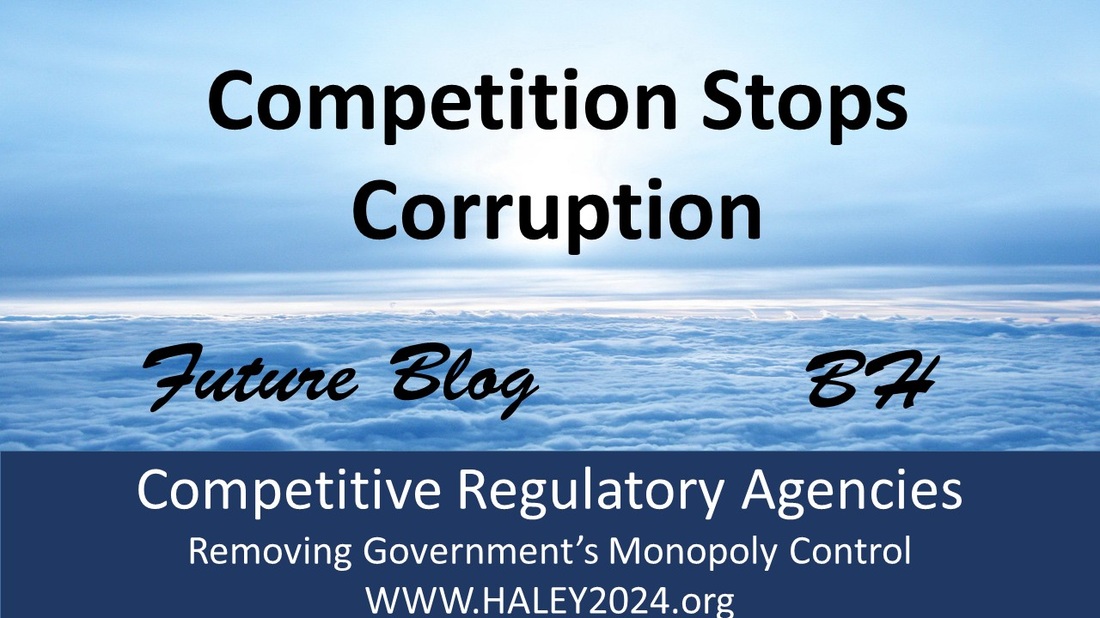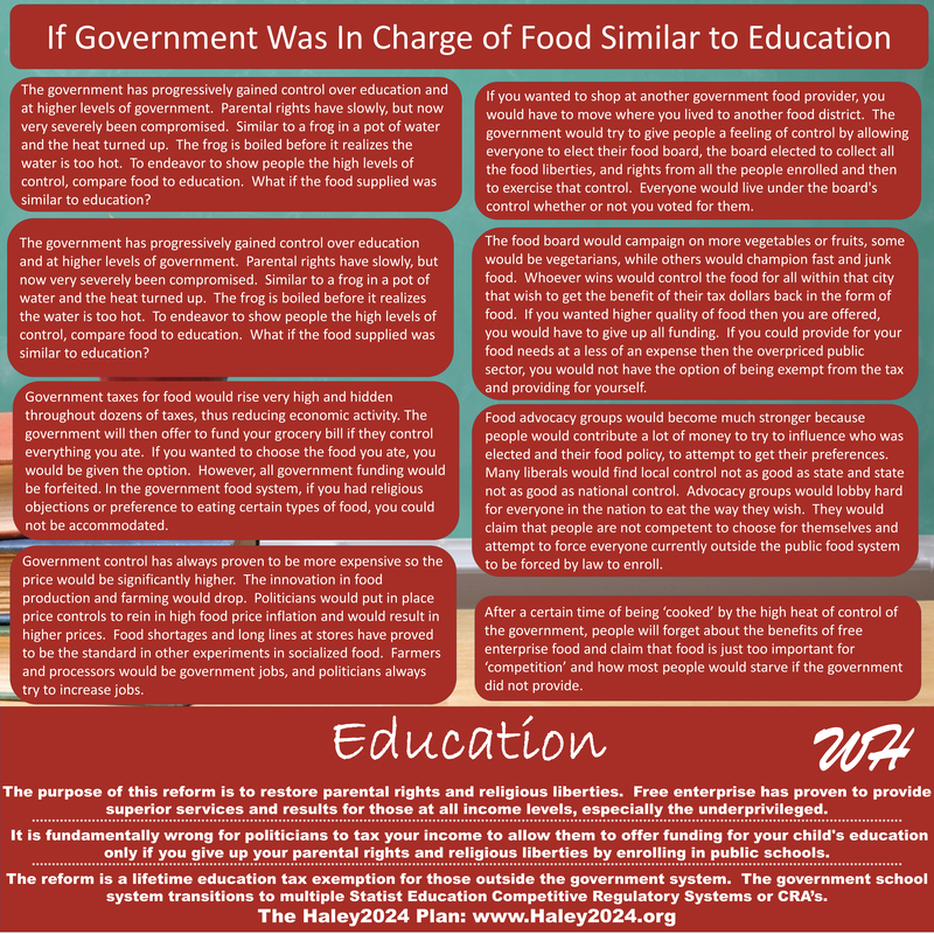| When politicians and government officials control science funding, corruption or incompetence is often to follow. A clear example of this is AIDs funding. In the early 1980s, significant political pressure was put on politicians to fund AIDs research. Other medical research that had many more deaths involved received far less. |
| Scientists respond to incentives just like everyone else. In the area of climate change, the people passing out research grants know what answers they're seeking, so they pass out grants to those predisposed to give their (the politicians) conclusions. Scientists know from experience that they are far more likely to be given additional grants if they can conclude what the funder’s desire. This becomes a loop that distorts scientific funding. |
Media’s Lack of Credibility
| I once saw a story on one of the three major news channels on their evening news. The story was about how the reduced amount of reindeer in a northern area was going to lead to greater global warming. The claim was that reindeers walk on snow and pack it down, which leads to a better barrier from CO2 escaping from the ground. This is incredible that this passed the smell test with any producer or science editor. This story on wind turbines is just as unbelievable. |
Wendy Koch, USA TODAY 9:48 a.m. EST February 26, 2014
Offshore wind farms can tame hurricanes rather than be destroyed by them, says ground-breaking research led by Stanford University that touts the benefits of wind power.
Offshore wind farms can tame hurricanes rather than be destroyed by them, says ground-breaking research led by Stanford University that touts the benefits of wind power.
Billions of dollars in U.S. damage from mega-storms Katrina and Sandy might have been avoided with a perhaps surprising device — wind turbines.
That's the finding of a ground-breaking study today that says mammoth offshore wind farms can tame hurricanes rather than be destroyed by them. It says a phalanx of tens of thousands of turbines can lower a hurricane's wind speed up to 92 mph and reduce its storm surge up to 79%.
Unlike sea walls, which protect cities from storm surges, wind farms pay for themselves by generating pollution-free electricity, says lead author Mark Jacobson, an engineering professor at Stanford University. "The additional hurricane (protection) benefit is free."
No offshore wind farms currently operate in the United States, although 11 are under development — mostly off the East and Texas coasts. Most of the world's offshore turbines are in northwestern Europe, but China is ramping up its capacity.
Jacobson says his study, published online in Nature Climate Change, is the first to look at how offshore turbines interact with hurricanes. He says the impact may seem surprising but makes sense: Turbines produce power by taking energy from wind and thus slowing it down.
His team used complex modeling to simulate the impact that tens of thousands of turbines — more than exist in any single wind farm worldwide — would have had on three hurricanes: Sandy and Isaac, which struck New York and New Orleans, respectively, in 2012 and Katrina, which devastated New Orleans in 2005.
TAMING TWISTERS: Can giant walls stop tornadoes?
An array of 78,000 wind turbines — each 50 feet tall — off New Orleans could have slowed Katrina's wind speeds up to 78 mph and cut its storm surge up to 79%. An even larger phalanx off the East Coast could have reduced Sandy's winds up to 87 mph and its storm surge up to 34%. These farms minimize a city's storm surge most when located directly upwind.
Jacobson says smaller offshore wind farms also reduce a hurricane's wrath but at a lesser rate. Overall, "turbines cost much less than sea walls to protect a city given that the turbines also generate electricity," says the study, co-authored by Cristina Archer and Willett Kempton of the University of Delaware.
"It's potentially significant," Mark Powell, atmospheric scientist at NOAA's Hurricane Research Division in Miami, says of the research, adding it shows an extra benefit of a carbon-free energy source.
"This is a pretty neat idea, but it's expensive and borderline feasible," says Stephen Rose, an expert on wind energy at Carnegie Mellon University. He led a 2012 study that said hurricanes could destroy some turbines. Yet his team later issued a correction, saying there's only a 7% risk of hurricanes destroying at least half of turbines off the Gulf Coast and almost no chance of such damage on the East Coast.
"It's not practical — 78,000 turbines," says Dominique Roddier, an engineer who's working on a new design for a floating wind turbine by Seattle-based Principle Power, referring to the size of wind farms in Jacobson's study. "That's an insane number of wind turbines. You can't build that many."
The two largest pending offshore U.S. wind farms — the Deepwater Wind Energy Center in New England and the Baryonyx Rio Grande Wind Farms in Texas — are each slated to have at most 200 turbines.
Jacobson says large offshore wind farms can be a more cost-effective way to generate power than fossil fuels, given the additional benefits of reducing pollution and hurricane damage. He says even existing turbines can withstand wind speeds of up to 112 mph — typical of a Category 2 or 3 hurricane -- and a large array could slow the wind enough to prevent turbine damage from a more powerful storm.
The U.S. Department of Energy, which is promoting offshore wind development along the coasts and the Great Lakes, says it's capable of generating four times as much electricity as do all current U.S. power plants.
That's the finding of a ground-breaking study today that says mammoth offshore wind farms can tame hurricanes rather than be destroyed by them. It says a phalanx of tens of thousands of turbines can lower a hurricane's wind speed up to 92 mph and reduce its storm surge up to 79%.
Unlike sea walls, which protect cities from storm surges, wind farms pay for themselves by generating pollution-free electricity, says lead author Mark Jacobson, an engineering professor at Stanford University. "The additional hurricane (protection) benefit is free."
No offshore wind farms currently operate in the United States, although 11 are under development — mostly off the East and Texas coasts. Most of the world's offshore turbines are in northwestern Europe, but China is ramping up its capacity.
Jacobson says his study, published online in Nature Climate Change, is the first to look at how offshore turbines interact with hurricanes. He says the impact may seem surprising but makes sense: Turbines produce power by taking energy from wind and thus slowing it down.
His team used complex modeling to simulate the impact that tens of thousands of turbines — more than exist in any single wind farm worldwide — would have had on three hurricanes: Sandy and Isaac, which struck New York and New Orleans, respectively, in 2012 and Katrina, which devastated New Orleans in 2005.
TAMING TWISTERS: Can giant walls stop tornadoes?
An array of 78,000 wind turbines — each 50 feet tall — off New Orleans could have slowed Katrina's wind speeds up to 78 mph and cut its storm surge up to 79%. An even larger phalanx off the East Coast could have reduced Sandy's winds up to 87 mph and its storm surge up to 34%. These farms minimize a city's storm surge most when located directly upwind.
Jacobson says smaller offshore wind farms also reduce a hurricane's wrath but at a lesser rate. Overall, "turbines cost much less than sea walls to protect a city given that the turbines also generate electricity," says the study, co-authored by Cristina Archer and Willett Kempton of the University of Delaware.
"It's potentially significant," Mark Powell, atmospheric scientist at NOAA's Hurricane Research Division in Miami, says of the research, adding it shows an extra benefit of a carbon-free energy source.
"This is a pretty neat idea, but it's expensive and borderline feasible," says Stephen Rose, an expert on wind energy at Carnegie Mellon University. He led a 2012 study that said hurricanes could destroy some turbines. Yet his team later issued a correction, saying there's only a 7% risk of hurricanes destroying at least half of turbines off the Gulf Coast and almost no chance of such damage on the East Coast.
"It's not practical — 78,000 turbines," says Dominique Roddier, an engineer who's working on a new design for a floating wind turbine by Seattle-based Principle Power, referring to the size of wind farms in Jacobson's study. "That's an insane number of wind turbines. You can't build that many."
The two largest pending offshore U.S. wind farms — the Deepwater Wind Energy Center in New England and the Baryonyx Rio Grande Wind Farms in Texas — are each slated to have at most 200 turbines.
Jacobson says large offshore wind farms can be a more cost-effective way to generate power than fossil fuels, given the additional benefits of reducing pollution and hurricane damage. He says even existing turbines can withstand wind speeds of up to 112 mph — typical of a Category 2 or 3 hurricane -- and a large array could slow the wind enough to prevent turbine damage from a more powerful storm.
The U.S. Department of Energy, which is promoting offshore wind development along the coasts and the Great Lakes, says it's capable of generating four times as much electricity as do all current U.S. power plants.
End Government Science FundingBy Terence Kealey April 11, 1997 The big myth about scientific research is that government must fund it. The argument is that private companies will not fund science, especially pure science, for fear that their competitors will “capture” the fruits of that investment. Yet, in practice, companies fund pure science very generously, and government funding displaces private research money. |







